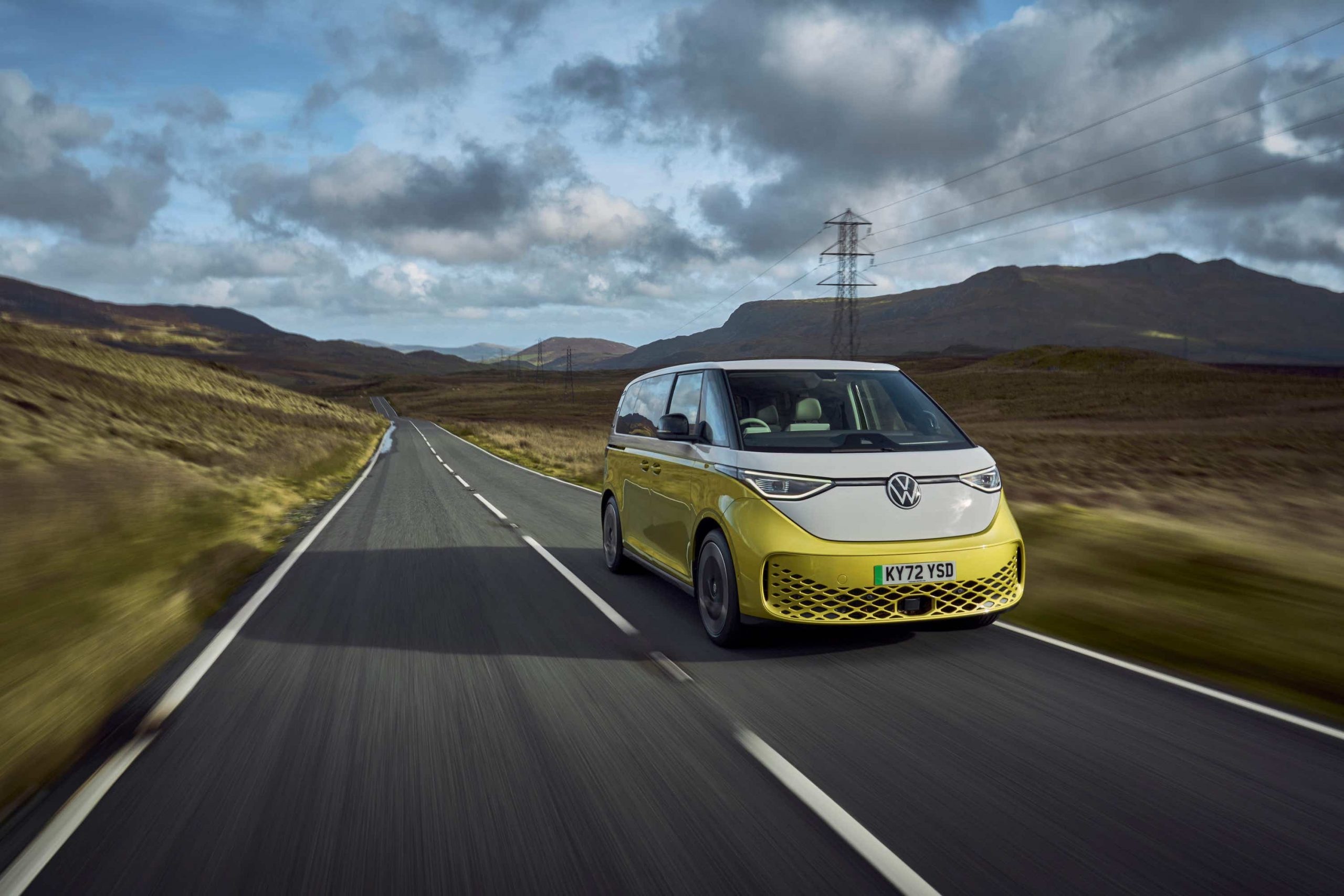Cuts to off-peak ultra-rapid charging costs have made electric cars cheaper to “fuel” than a petrol vehicle for some drivers, according to figures from the AA.
The time of day and the charging provider are the key factors which determine whether the driver can get the lower prices, it added.
The February 2023 AA EV Recharge Report shows an 8p/kWh reduction in off-peak ultra-rapid charging makes electric cars cheaper to fuel but notes that some are available outside 6pm to 8pm while other chargers switch to off-peak only after 8pm.
The charging of electric vehicles (EVs) away from homes had sometimes been seen as more expensive per mile than driving with petrol, but lower electricity costs could be reversing that trend, according to the AA motoring organisation.
It found the average cost of off-peak charging has dropped from 60p/kWh to 52p/kWh, while peak charging for these speeds is also cheaper, having fallen from 74p/kWh to 67p/kWh.
The AA also found that the cost of slow charging has gone up with flat-rate fixed prices rising from 34p/kWh to 37p/kWh.
Jack Cousens, head of roads policy, said: “EV owners are still reaping the benefits of cheaper per mile motoring, and this could improve further if energy costs are to fall later in the year.
“The recent shift in peak and off-peak charging prices for ultra-rapid devices provides brilliant value for money, especially with Easter just around the corner.”
The AA is calling for investment to improve the public charging network.
It fears the UK will miss an aim to have 300,000 publicly available charging units to be installed by 2030 without more action to help local councils, EV charging companies and energy providers to deliver the infrastructure.
Public charging carries a VAT rate of 20%, but domestic energy use is 5%.
Cutting the VAT on public charging to 5% could help the 40% of households that do not have any form of off-street parking and rely on the public charging network, according to the AA, which said that “a golden opportunity to boost the EV revolution” was missed in the Budget.
Mr Cousens believes that new EV sales are “only increasing” and an expansion of the EV charging network needs to occur.
He added that “with around 40,000 devices currently in the ground, we will need so see a monumental shift in installations over the coming years”.
A Department for Transport spokesperson said: “We‘ve put more than £2bn into accelerating the transition to electric vehicles and, alongside industry, have supported the installation of over 37,000 publicly available chargepoints – and we expect the network to expand tenfold by the end of the decade.
“Today a driver is never more than 25 miles away from a rapid chargepoint anywhere along England’s motorways major A roads.”

